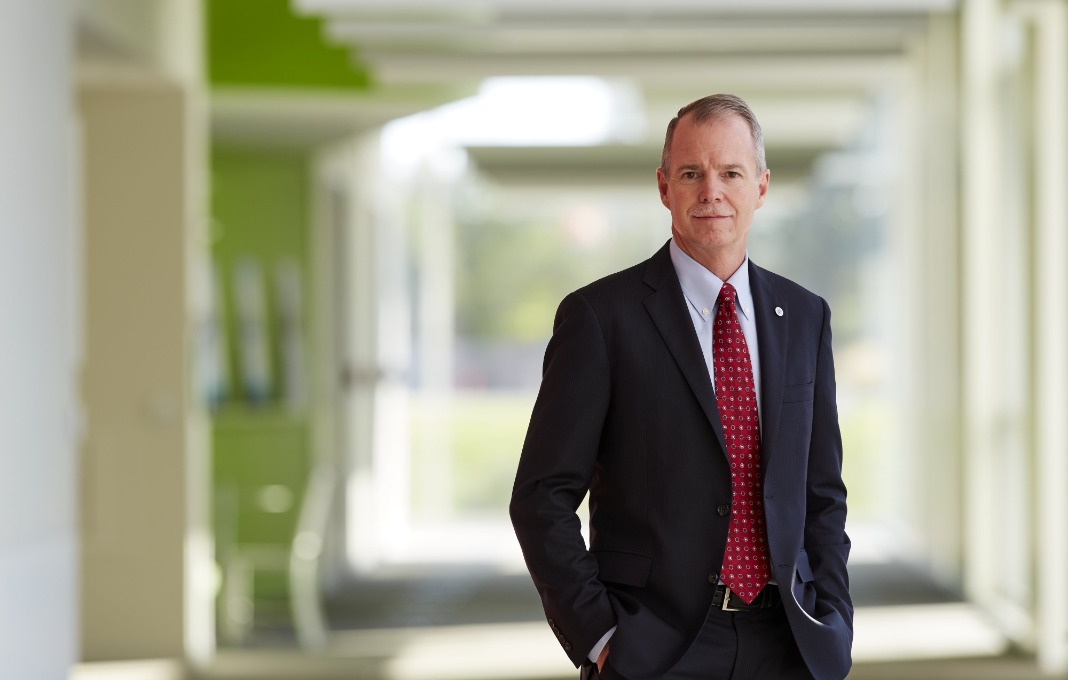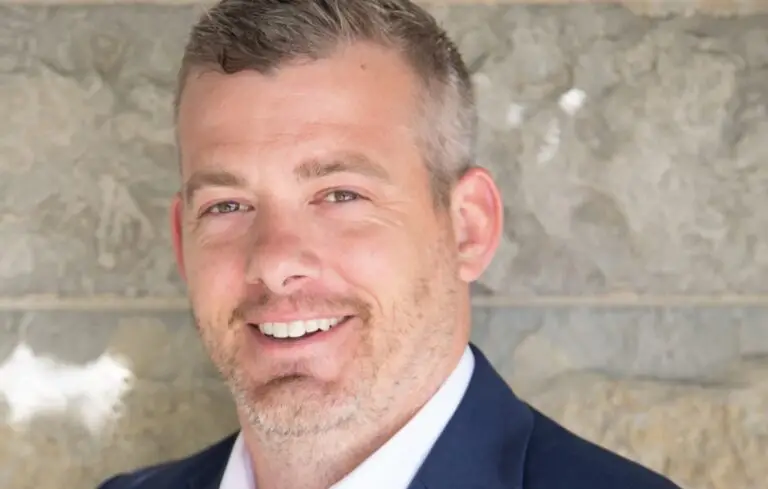Less prescient CEOs could have gagged on a major strategic move that George Oliver pulled in 2018: selling the market-leading lead-acid car-battery division of the company he helmed, Johnson Controls, just two years before the entire vehicle-battery business was about to explode with the auto industry’s forced march into electric vehicles.
“It was a great business during the auto-industry recovery after the financial crisis” of 2008 and 2009, Oliver tells Chief Executive about the conventional-battery operation Johnson Controls sold to Brookfield Business Partners private-equity firm for $13 billion. “But the issue was, when we projected business with the evolution of EVs, we weren’t going to be able to compete with lithium-ion batteries, given the billions of dollars others were spending in that space. And the [lead-acid business] was going to be low growth and low leverage from a profitability standpoint.”
But Oliver is taking a very different strategic tack these days in addressing the newest major opportunity for the global economy: construction and operation of data centers that will handle the demands of the AI boom. Hundreds more will be built around the world in the next several years, each an investment of up to a few billion dollars, and Oliver plans to make sure that Johnson Controls leans into the boom with its unique capabilities in smart control of the interior climate across types of operating facilities.
“The expansion of data centers in the next few years will be incredible,” says Oliver, whose $27-billion company is nominally headquartered in Cork, Ireland, with U.S. operations based in Glendale, Wisconsin, the company’s traditional base. “We’ve laid this out, and just in the next year, this one market for us is probably worth well over two billion dollars in demand.”
Oliver sees other significant opportunities for new business for Johnson Controls, too, including manufacturing and installation of industrial heat pumps. Heat pumps are increasingly popular for both commercial and residential installations, driven by sustainability concerns.
Key to the company’s success and expectations in helping clients optimize climate controls and building security is its OpenBlue platform, which its web site describes as “a complete ecosystem of connected technologies, expertise and services [that] saves money and creates a new class of smart buildings that are secure, healthy and sustainable.” OpenBlue is “a flexible and scalable platform that gathers data, stores it securely, and standardizes it, [converting] data into an information asset [to] leverage to predict business and building outcomes and gain new insights related to buildings and occupants.” Applications range from controlling energy usage to preventing security breaches, and to improving equipment performance and space utilization.
So not only is Johnson Controls “the leader” in equipment and systems such as “water-cooler chillers, air-cooler chillers, industrial refrigeration [and] packaged cooling solutions for data centers,” Oliver says, the company also uses OpenBlue to “consume all of the data in the building [and] understand the integration of that and how all of it works. That can significantly make a building more efficient. And historically, that hadn’t been done—not universally.
“Buildings historically haven’t been very efficient,” Oliver says. “They were built with [climate and HVAC] systems separate and apart and not integrated. They weren’t as strategic as they should be.”
Given all of the company’s modern capabilities, Oliver says, “We’re uniquely positioned with our footprint around the globe, and 100,000 employees. We figure out solutions and deliver outcomes, and that, then, ultimately becomes recurring revenue with services.” At the same time, Johnson Controls’ design and operation of a building’s controls can reduce its carbon footprint by as much as 40 percent, in an era when energy use “reaching net zero” emissions is important to many companies.
Increasingly, Johnson Controls is adding generative AI to its toolbox. “We have incredible depth of knowledge and of this domain,” Oliver says. “You can imagine that, over the decades, we’ve got lots of warranty data, and manuals, and we’ve got around 30,000 technicians in the field every day working with customers and solving problems. Imagine the power in that data.”
The company also is getting increasing requests from customers for help in figuring out to what extent, and how, they can create decentralized sources of energy for their buildings—such as solar microgrids and wind-powered turbines—that don’t rely on the increasingly taxed U.S. electricity grid. “We recommend the most efficient renewable supply of energy will be for that particular location, so they can get to a net-zero building too,” Oliver says.
For Oliver, figuring out the course for Johnson Controls didn’t begin with the battery-operation divestiture. That move only followed other strategic initiatives that involved Oliver, who, after a 20-year career with industrial divisions of General Electric, was CEO of Tyco International, the number one provider of fire and security solutions to buildings.
In the fall of 2016, Tyco and Johnson Controls merged, putting together market dominance and expertise in two crucial areas of building operations. There were tactical implications too, because Tyco, which had started in New Jersey, was headquartered in Ireland for lower taxes than in the U.S., and in a “corporate tax inversion,” the new company would be headquartered in Ireland as well.
Around the same time, Johnson Controls spun off its automotive seating and interiors business into a new entity, Adient. Getting out of that business was a major gambit, because while it was a substantial market for Johnson Controls, it had gotten highly competitive against other giants such as Delphi, the former General Motors unit now known as Aptiv. The creation of Adient marked Johnson Controls’ complete departure from the automotive-supply business.
Through all of that change, Oliver says, “What we’re doing starts with fundamentals. We’re focused not only on growth, but we also have an incredible opportunity to help solve the world’s biggest problem, around climate. We’re right in the middle of that, and passion about that, and so we convert our technology and expertise and configure solutions to that which align with our customers.”








